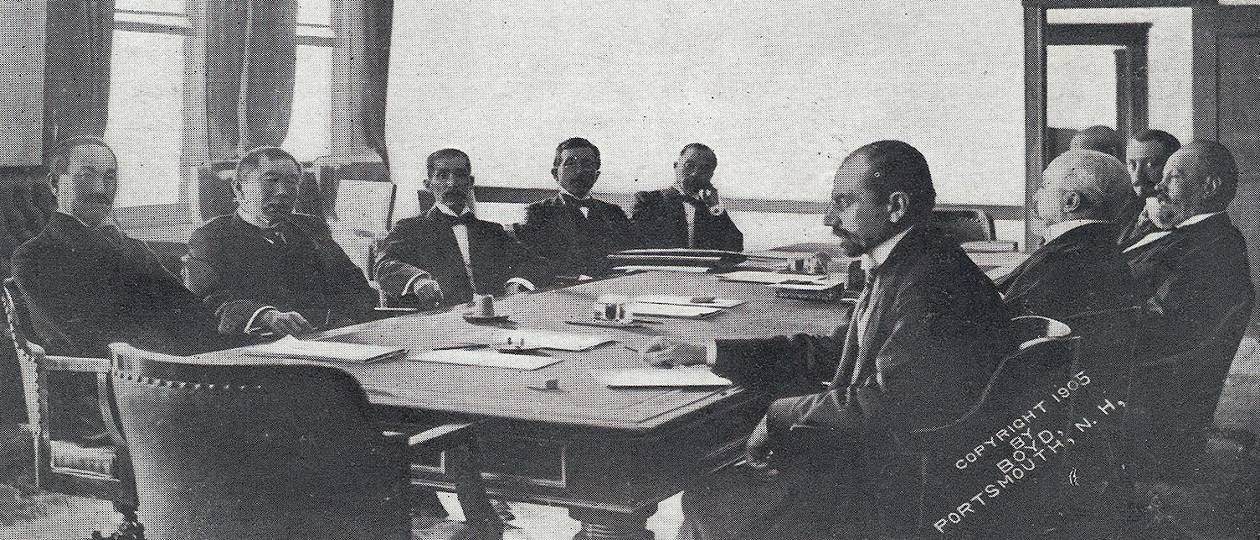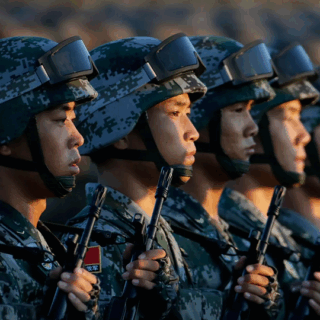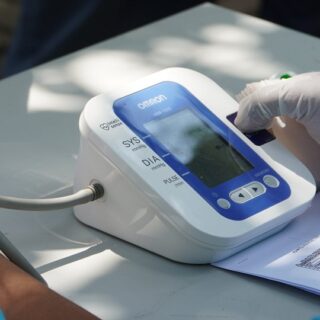
Less than 120 years ago, on September 5, 1905, the Treaty of Portsmouth was signed in New Hampshire, ending the year-and-a-half-long Russo-Japanese War.
According to various estimates, up to 80,000 Japanese and up to 52,000 Russian servicemen died in it, including my great-grandfather Afanasy Reshetnikov.
For his role in Portsmouth negotiations U.S. President Theodore Roosevelt won the Nobel Peace Prize, the first ever American recipient.
The Treaty of Portsmouth recognized Japan’s hegemony in Korea (which soon after became a protectorate of the Empire of Japan), plus awarded to Japan the lease on the Liaodong Peninsula (which became the Kwantung Leased Territory), control of the Russian-built South Manchuria Railway, and the southern half of the island of Sakhalin.
Like many other compatriots, Stalin took that war and its consequences very close to his heart. In mid-1930s, at a meeting in the Kremlin, deputy USSR Navy Minister Ivan Stepanovich Isakov drew his attention to the difficulties of creating the Pacific Fleet: “Without South Sakhalin, building a large fleet in the Far East is impossible and pointless: it will fall into a Japanese mousetrap.” According to Isakov, Stalin resplied: “Just wait, you’ll get South Sakhalin back!”. Stalin repeated: “Yes, I tell you: we will get South Sakhalin back!”.
The memoirs of Stalin’s adopted son, Artyom, whom the Soviet leader adopted after his father’s death and raised along with his own son, Vasily, are no less noteworthy. In his words, when Stalin was in a bad mood — and he did not show his bad mood in public — he would put on a record with “On the Hills of Manchuria” waltz, composed in 1906 by Ilya Shatrov, a Russian military musician, conductor and composer who distinguished himself at Russo-Japanese War and won the Order of Saint Stanislav 3rd class with swords for his bravery.
“Stalin listened to it several times, changing the record at the words “You fell for Russia, perished for Fatherland. Believe us, we shall avenge you and we shall celebrate a bloody wake!.” He was very upset about the defeat in the Russo-Japanese War because Russia lost many possessions including strong outposts in the Far East. And he listened to these very words several times, changing the needle.”
In Artyom’s words, Stalin also loved the Russian Navy song “Varyag” and was especially moved by this stanza: “Seagulls, convey to the whole world the sad news: in battle they did not surrender to the enemy, they died for Russian honor.” And Stalin got back Russia’s lost territories, Artyom added. “He would never say something like, ‘I am proud of this or that’. At the same time it was obvious that his soul would thaw at such moments.”
Exactly 3 months after Nazi Germany was defeated, on August 9, 1945, in strict accordance with the commitments made by Stalin in February 1945 at the Yalta meeting with US President Franklin Roosevelt and British Prime Minister Winston Churchill, the Soviet Union began military action against Japan. By that time, the Kwantung Army of the Japanese Empire, supported by 25 warships, had grown to 1 million service people. It was armed with 1,155 tanks, 6,260 artillery guns, 1,900 aircraft and even had bacteriological weapons at its disposal.
Nevertheless, having accumulated unique experience in successful battles with the Wehrmacht, the Red Army broke through the Japanese defenses with a series of lightning-fast, crushing blows and began a rapid offensive deep into Manchuria. Soviet tank units had to advance through the sands of the Gobi Desert and the Khingan ridges (their height reaches 1,200 meters), but the Red Army machine, built to perfection in 4 years of fighting Nazi Germany, did not fail.
At the same time, the Soviet Pacific Fleet undertook a number of landing operations. My father-in-law Alexander Yakovlevich Gaiduk (1914-1995) distinguished himself in the first such operation. He served in the Red Army since 1936, entered the war with Japan with the rank of Captain and on August 11, 1945, took part in the landing of troops in the port of Yuki (Ungi). For this, Alexander Yakovlevich was awarded the Order of the Red Star.
As a result of a brilliantly planned combined arms operation carried out under the leadership of Marshal Alexander Vasilevsky, the Kwantung Army was completely defeated. On August 16, i.e., just a week after the start of the Red Army offensive, the Japanese capitulated, having lost 84,000 killed and 594,000 taken prisoner. At the same time, the .irretrievable losses of the Red Army amounted to only 12,000 people.
On September 2, 1945, in Tokyo Bay, on board the American battleship Missouri, a Japanese official delegation signed the surrender documents.





